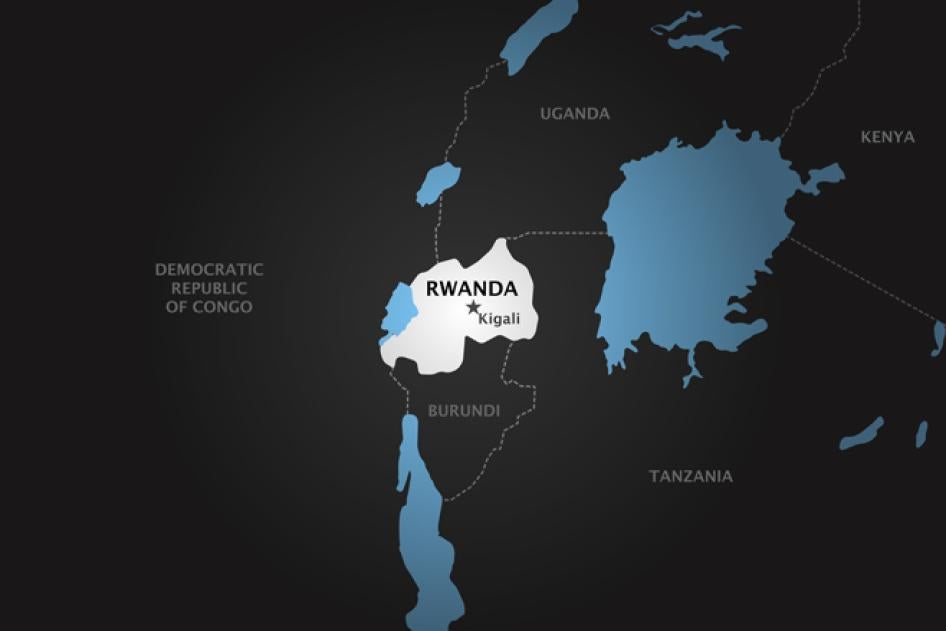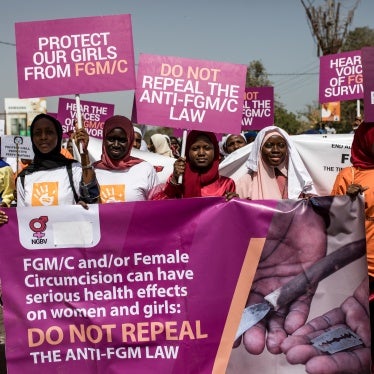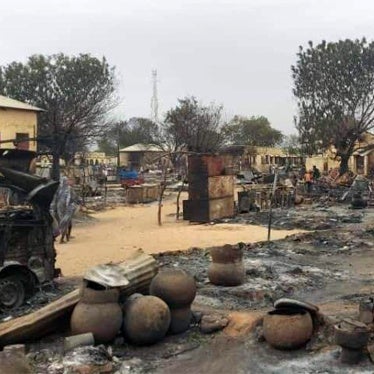(London) – Human Rights Watch is monitoring the case of Emmanuel Karenzi Karake, head of the Rwandan intelligence services, who was arrested in London on June 20, 2015, on a European arrest warrant following a request issued by a Spanish judge.
In the event that Karenzi Karake is extradited to Spain, where a Spanish court has indicted him and 39 other senior Rwandan officials for serious crimes committed in violation of international law, the Spanish authorities should ensure that due process is followed and that he receives a fair trial.
“There has been significant progress in ensuring justice for the victims of the genocide in Rwanda,” said Daniel Bekele, Africa director at Human Rights Watch. “But thousands of victims and their relatives are still waiting for justice for crimes committed by members of the Rwandan Patriotic Front since 1994.”
Karenzi Karake has been a key senior military and intelligence official in Rwanda for the last 20 years. Victims and witnesses of human rights violations have often cited his name in connection with serious crimes going back to the 1990s. In the Spanish indictment he is accused, among other things, of involvement in the 1997 murder of three Spanish aid workers.
In the years following the 1994 genocide in Rwanda, members of the Rwandan Patriotic Army killed thousands of civilians, particularly in the context of a counterinsurgency operation in the northwest of Rwanda, as well as in the Democratic Republic of Congo. Rwandan troops killed hundreds of civilians in the Congolese town of Kisangani in June 2000 when Rwandan and Ugandan troops clashed there. Karenzi Karake was a commander of the Rwandan troops.
The investigation into Karenzi Karake and other Rwandan officials in Spain was made possible because some of the victims are Spanish and in application of the principle of universal jurisdiction, which allows the courts of a country to investigate and prosecute particularly grave crimes even if they are committed abroad and by foreigners.
Human Rights Watch has reviewed the 2008 Spanish indictment, which it believes has some merit, and calls for the investigations into the crimes cited therein to continue to be pursued.








